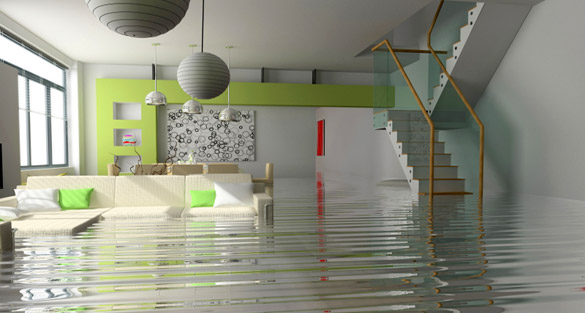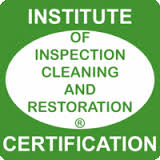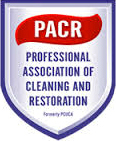
I arrived at a home in Boulder today expecting to cut out a small piece of sewage damaged carpet from a sewage backup that occurred last week. The carpets were completely dry and we had to determine how far the sewage reached into the room. [It should be noted, a family member was hospitalized with respiratory issues unrelated to the sewage backup. This complex situation was a determining factor in the ultimate treatment of their carpet.] The homeowner wished to piece together some carpet scraps and replace the areas that he thought the sewage had reached. We had some very tough decisions to make and I wanted our solution to be cost effective, considering the stress and worry he was already under with child in the hospital. His wife showed me where some items of laundry had been soaked, adjacent to where the husband had felt the sewage had reached. We know that water always takes the path of least resistance and water will seek dry carpet. Ultimately, we determined the sewage had reached several feet past where we had hoped. Another mitigating factor was the remaining carpet was older with some ultraviolet fading, but the replacement carpet had been in storage and looked like new.
Assessing the Damage
After seeing how far we would have to cut out the damaged carpet and that the new carpet would strongly contrast with the faded carpet, I decided that tearing out all the carpet would be the best option. Convincing our client that this was the best option was not easy or fun, but replacing only the damaged area would have been a mistake. Proper sewage water restoration from sewage on carpet almost always means total carpet replacement and not cleaning. The types of organisms, bacteria and toxins living in raw sewage can not be completely removed from carpet from cleaning. Doing so could cause serious health conditions even leading to death. During the carpet and padding tear out we discovered a few interesting things. On top of the padding a layer of sand was present. How could this be? Carpet is put together with two backing layers which are held together with glue. In the glue their are fillers comprised of sand and clay. If the carpet glue starts to break down, a fine layer of sand can appear. This is called delamination–and a delaminated carpet will not hold a stretch and it has very little life left. The second thing we noticed was a water stain on the back of the carpet which was several feet past where we determined the sewage to have traveled. At the end of the day, we were confident we made the right decision to replace the carpet and padding.
Don’t Wait On Proper Sewage Water Restoration
Ultimately, it is better to be safe than sorry. Waiting until the carpet to dry before calling a sewage water restoration company is a bad idea. It makes our job harder and gives more time for mold and bacteria to grow and spread. If you are in need of water damage restoration services in Boulder, CO— call us immediately. The longer you wait, the less solutions are available. Sewage on carpet is a serious health hazard, and professionals need to take charge of the situation. Colorado Carpet Masters are experienced and can handle the job! For emergency carpet cleaning call (303) 459-2482!



